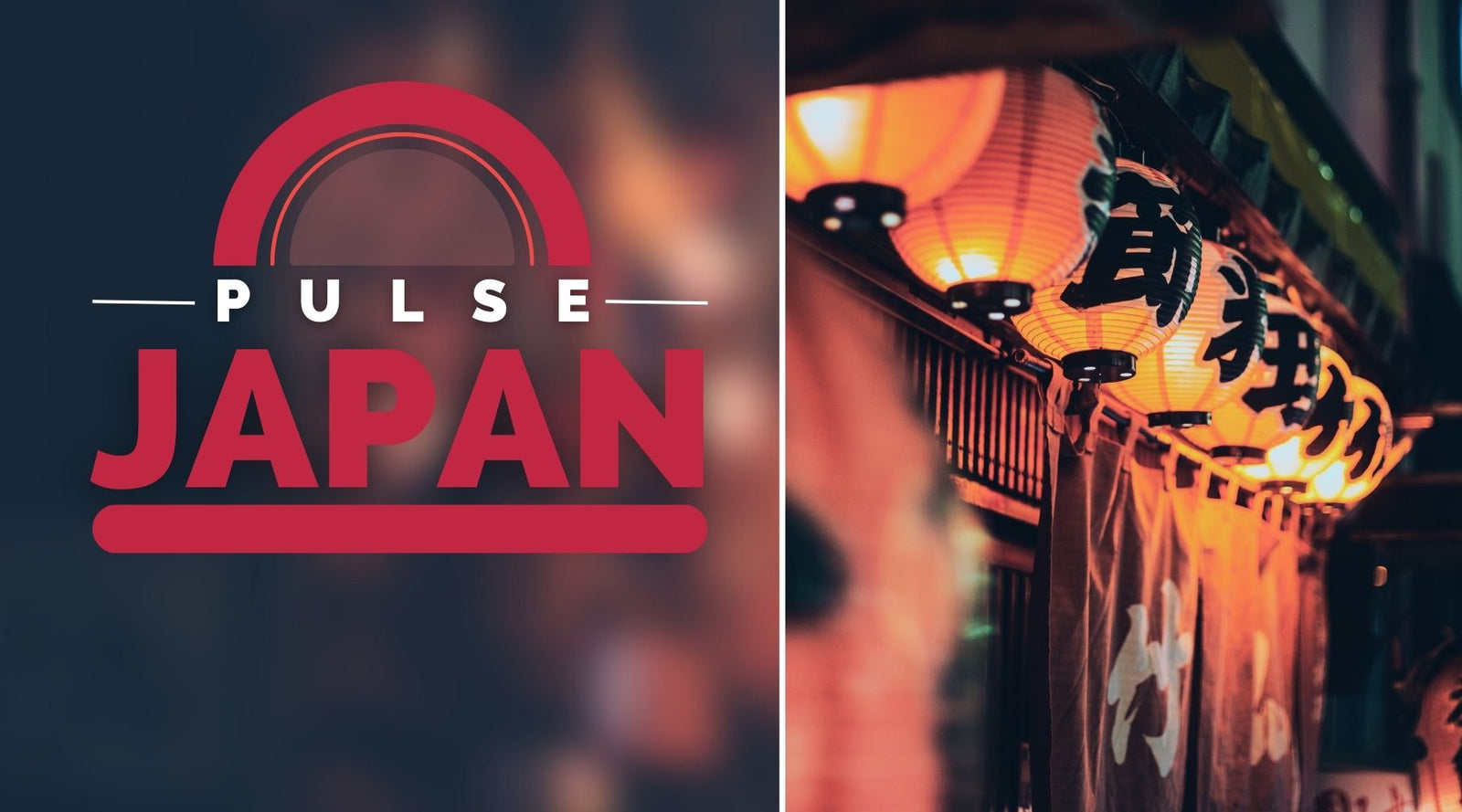Expert Advice: Understanding Japanese Police for Foreigners

In the land of the rising sun, where cherry blossoms flutter and bullet trains whizz by with punctuality that could set your watch, there exists a body as enigmatic as it is efficient—the Japanese police force. Known as 'keisatsu' in the local lingo, these guardians of peace operate within a framework that might seem as intricate and well-ordered as a game of shogi to the uninitiated foreigner. Let's embark on a journey to demystify this institution, ensuring you won't need a black belt in cultural understanding to grasp its role and function in Japanese society.
Introduction
The Importance of Understanding Japanese Police as a Foreigner
As a foreigner visiting or living in Japan, it is crucial to understand the role of the Japanese police and how to properly interact with them. Japanese police have a reputation for being very strict and having little tolerance for perceived disrespect of authority. Furthermore, Japan has an extremely high conviction rate, so if you do happen to get into trouble with the law, it can be very difficult to get out of it.
For these reasons, it is vital that foreigners educate themselves on basic laws and regulations in Japan and avoid confrontations with police whenever possible. Knowing what to expect from Japanese police procedures and acting accordingly can help prevent misunderstandings that could escalate into bigger issues super quickly.
Notable Events of Foreigners Getting into Trouble with Japanese Police
There have been several high-profile cases of foreigners arrested in Japan for seemingly minor offenses that have escalated due to cultural misunderstandings or mistranslations. For example, in 2015 an Italian artist was jailed for nearly three weeks after police believed she had drugged and robbed a man, when she said she had simply defended herself from an attack. Current examples of YouTubers trespassing on Japanese construction buildings without any consent and hitching Japanese trains without pay are also times when Japanese police would have to step in. Such cases underscore the need for foreigners to understand how Japanese police operate.
The Role of Japanese Police
Differences Between Japanese and American Police
Armed but Rarely Use Weapons
While Japanese police officers typically carry firearms and other weapons, they very rarely need to use them. Japan has an extremely low crime rate, so police rarely encounter violent confrontations. Their main roles involve directing traffic, patrolling neighborhoods, and responding to minor incidents.
Emphasis on Hand-to-Hand Combat Training
Japanese police focus heavily on hand-to-hand combat training like judo and kendo. This allows them to effectively subdue suspects without using weapons in most cases. Foreigners should be aware that Japanese police are highly skilled in physical confrontation and will not hesitate to use force if they feel disrespected or threatened.
How to Interact with Japanese Police
Understanding Japanese Police Procedures
Basic Laws and Regulations to Follow
There are certain basic laws in Japan that foreigners should be aware of, like carrying identification at all times and not being publicly intoxicated. Japanese police also have the right to stop people at any time and ask to see ID (whether it's an international driver's license or an international passport). It's important to always comply with these requests in a polite manner.
Tips for Dealing with Japanese Police
If confronted by Japanese police, be sure remain calm and treat them with absolute respect. Speak politely using formal Japanese if possible, and never yell or argue. Also avoid making sudden movements, as police may interpret those as aggressive actions. The best approach is to comply with all orders and sort out any disputes later.
Legal System in Japan
Overview of the Japanese Legal System
Japan's legal system is complex and very different from Western countries. Police and prosecutors have a lot of power to interrogate suspects without attorneys present. Confessions carry a lot of weight, so police will use aggressive tactics get people to confess quickly. The conviction rate is over 99%, so foreigners should avoid confrontation with police to prevent getting wrapped up in this system.
Understanding the Conviction Rate in Japan
Japan is well known for having one of the highest conviction rates in the world, over 99%. This is partially because prosecutors only pursue cases where guilt is almost assured. It is also a result of long interrogations to extract confessions from suspects. For foreigners unfamiliar with Japanese interrogation tactics and the power prosecutors wield, this high conviction rate means getting arrested can ruin one's life very quickly.
Tips for Staying Out of Trouble
Cultural Etiquette to Avoid Offending Police
There are certain aspects of Japanese culture that foreigners should be mindful of to avoid creating unnecessary suspicion from police. For example, tattooing is strongly associated with organized crime, so exposed tattoos can cause unwanted attention. With time going by, and there tend to be some foreigners that have tattoos, Japanese police could calm down about the tattooing, but don't be surprised if you get a lot more unwanted attention than usual. Also, public drunkenness or disorderly behavior is treated very harshly. Understanding cultural norms can help foreigners avoid police scrutiny.
Precautions to Take When Traveling in Japan
To reduce the chances of getting into trouble while visiting Japan, foreigners should take basic precautions like carrying ID, knowing emergency contact information, and having translations of medical conditions or prescriptions readily available. Also avoid confrontations with police even over minor issues, as that can escalate unnecessarily and super quickly. Use common sense, avoid risky behaviors, and treat police with utmost respect because one wrong move or one wrong word can lead you to a bad situation.
Stories of Foreigners Getting into Trouble with Japanese Police
Lessons Learned from Real-Life Incidents
There are many examples of foreigners arrested in Japan for minor reasons that then developed into serious cases.
- In 2015, an American English teacher in Japan was detained for several weeks after a misunderstanding during a routine police check where he failed to produce his residence card. The situation escalated when the teacher, not fully understanding the gravity of the situation, made light-hearted comments that were perceived as disrespectful.
- A French tourist was arrested for graffiti after spray-painting a bridge in Kyoto. Despite claiming it was street art, the act was considered vandalism and led to strict legal action due to Japan's stringent laws against defacing property.
- In 2018, a group of Australian tourists found themselves in hot water after being caught climbing onto a historic landmark in Nara for a photo opportunity. Unaware of the cultural significance and legal repercussions, their actions resulted in arrests and fines.
- A British DJ faced drug possession charges after being searched at a nightclub in Tokyo. Even though the quantity was small and for personal use, Japan's zero-tolerance policy on drugs led to an extended detention and interrogation period before a court hearing.
A common thread is escalation caused by cultural differences and misunderstandings of the local laws and procedures. These incidents underscore the importance of researching Japan's laws and police system before visiting, and exercising abundant caution when confronted by authorities.
Dos and Don'ts for Foreigners in Japan
Based on incidents of foreigners getting into trouble with Japanese police, some key dos and don'ts emerge. Do carry identification, learn basic Japanese phrases, and understand cultural norms regarding issues like drug use or public behavior. Don't count on special treatment as a foreigner, argue with police, assume your home country's laws and rights apply, or escalate minor confrontations.
Conclusion
Final Thoughts on Understanding Japanese Police as a Foreigner
Navigating Japan's culture, laws, and criminal justice system can be very confusing for foreigners. Japanese police take even minor infractions very seriously, so it's essential to educate yourself before visiting Japan. Treat all interactions with police officers with the utmost politeness. If confronted by authorities for any reason, comply fully and then seek outside help, as arguing or resisting can make the situation much worse.
Understanding the context of how Japanese police operate can help foreigners avoid negative encounters. While their system may seem overly strict at times, following the laws and showing deference to police authority can ensure smooth travels in Japan.


































Dejar un comentario